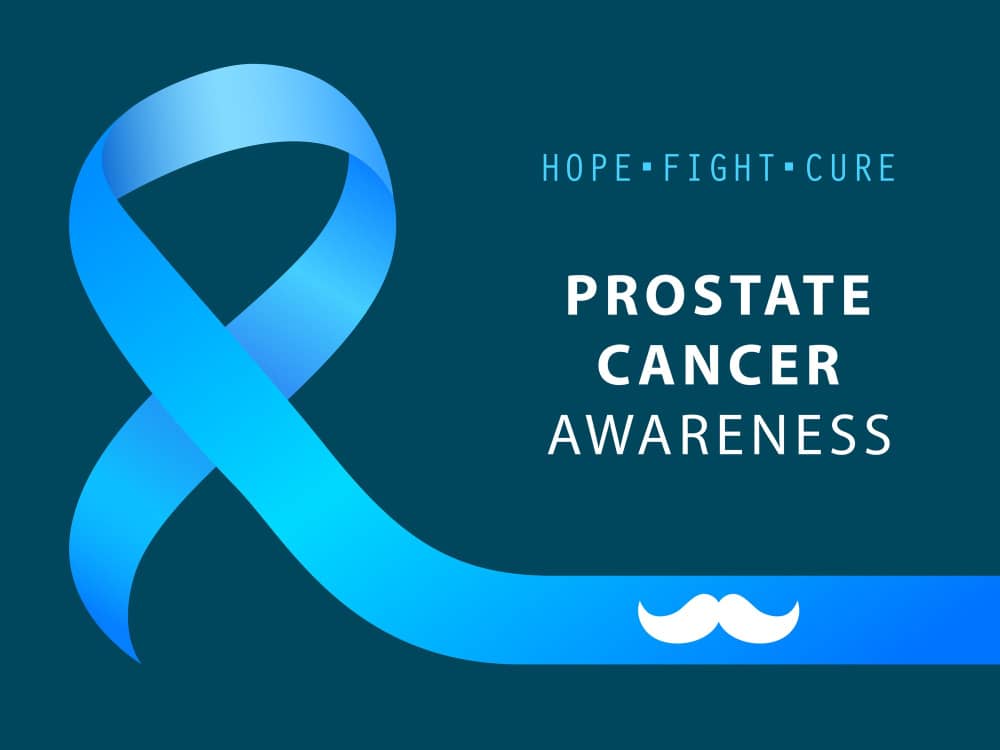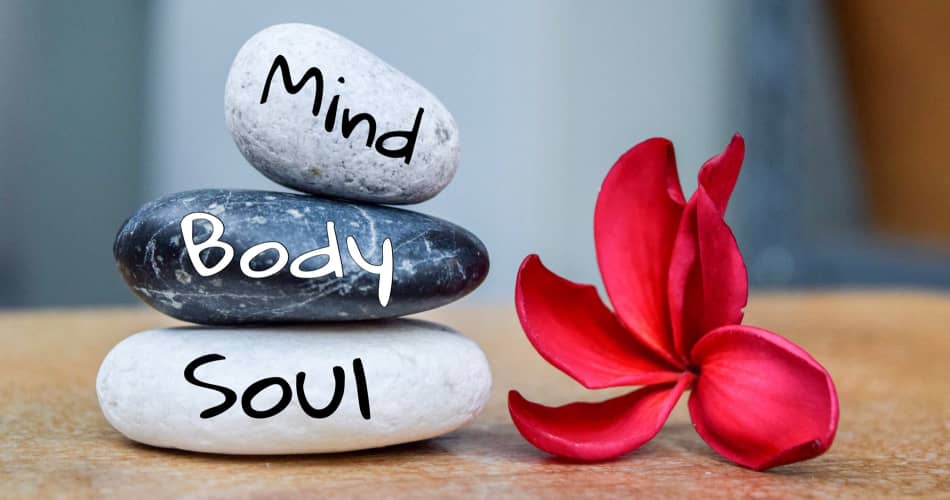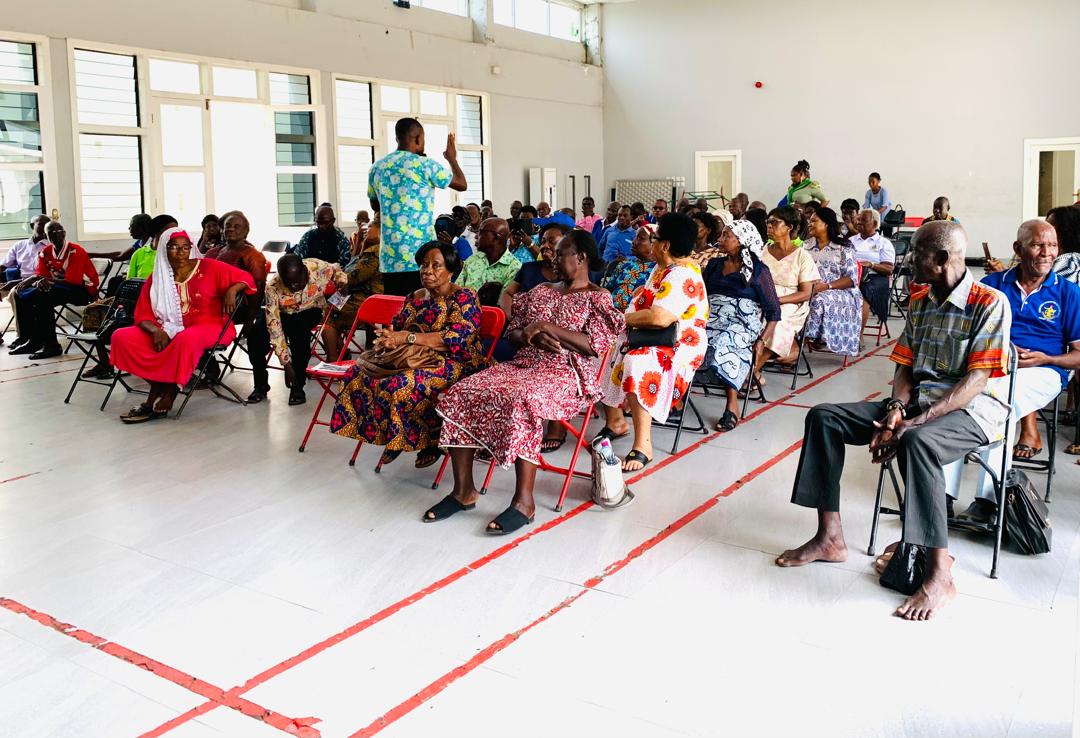I don't know about you, but it's not easy to go through life without hearing about gut health. The concept of gut health refers to your digestion, nutrient absorption, and the bacterial composition of your gut's microbiome, according to the Mayo Clinic. These factors work in tandem to support your consumption of nutrients, process waste, power your body, and protect you from illness. Still, it seems like I spot a new "gut health" specialized food during every trip to the grocery store and see a ton of TikToks packed with confusing gut health tips.
If the popularity of gastrointestinal health has you thinking about your own microbiome, you might find the most recent episode of The Well + Good Podcast really enlightening. Ella Dove, Well + Good's director of creative development, sat down with Will Bulsiewicz, MD, a gastroenterologist and New York Times bestselling author of the books Fiber Fueled and The Fiber Fueled Cookbook and Brigitte Zeitlin, RD, a registered dietitian based in New York City, to chat about all things gut health.
Overall, the experts emphasized just how adaptable your gut is and what you'll notice when your body is trying to tell you that something is "up." Plus, they offer some reliable gut health-maintaining tips.

"Your gut is adapted to your routine, it's adaptable and changeable, but you need to go slowly. Small choices in a specific direction can allow your gut microbiome to catch up," says Dr. Bulsiewicz. For example, he explains, if you have been on the Paleo diet and want to stop so that you can eat beans and legumes—you might feel funky at first. He mentions that your digestive system is a lot like your musculoskeletal system in that it needs time to build up strength and tolerance. "If you eat a bunch of something you're not used to, your body might react with gas, bloating, or pain," he says. Taking it slow is the best way to shift your lifestyle without tummy trouble.








